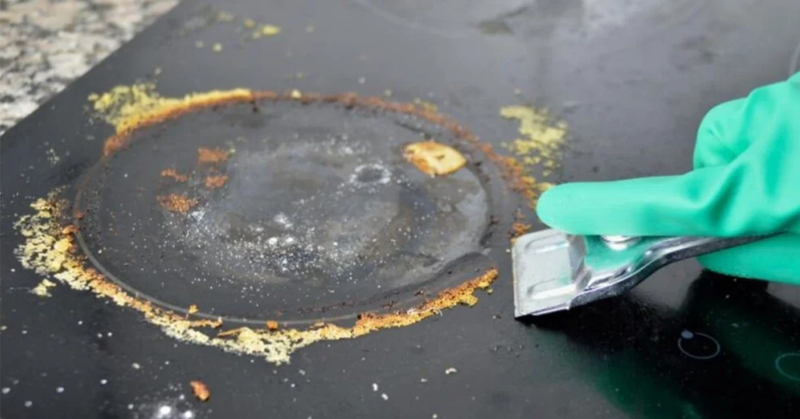Glass stovetops are a popular choice in modern kitchens because of their sleek look and easy cleaning. However, they’re quite delicate and need careful handling to prevent cracking or shattering. Let’s go over 9 dangerous habits you should avoid to keep your glass stovetop in top condition.
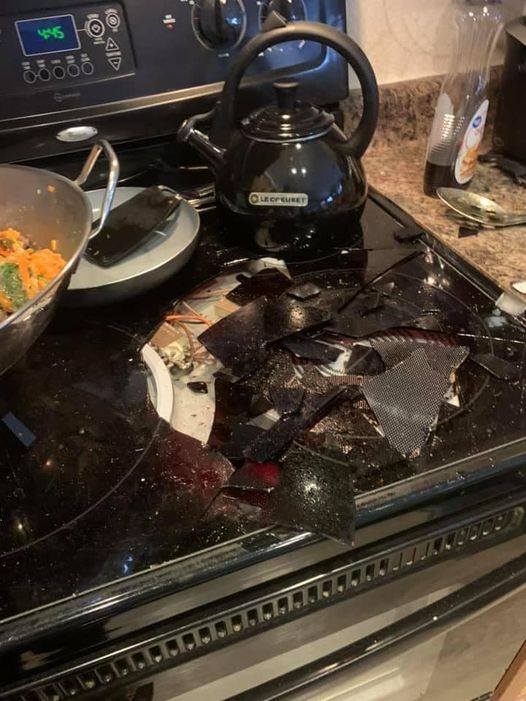
1. Using Rough or Abrasive Cleaners
Glass stovetops can get scratched easily. Instead of using rough or abrasive cleaners, choose a gentle cleaner that’s made specifically for glass stovetops. Make sure to also use a soft cloth to avoid scratching the surface.
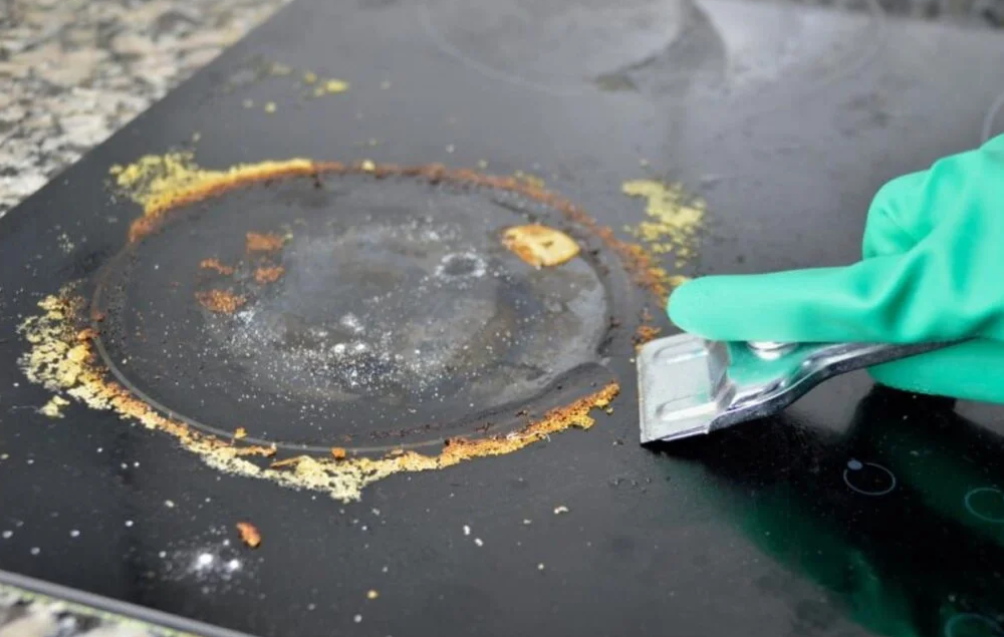
2. Placing Heavy Pots and Pans on the Stovetop
Unlike traditional gas stovetops, glass stovetops aren’t as sturdy. Putting heavy pots and pans on them increases the risk of cracks or shattering. Stick to lightweight pots and pans to keep your stovetop safe. Avoid using heavy cookware like cast iron with rough or uneven bottoms.
3. Sliding Pots and Pans Across the Stovetop
Dragging your pots and pans can scratch and damage the glass surface. Always lift your cookware, especially when it’s full, to keep the surface in good shape.
4. Leaving Spills and Stains
Spills can bake onto the glass surface if not cleaned right away, creating stains and potential damage. Clean up spills as soon as they happen to keep your stovetop looking great.
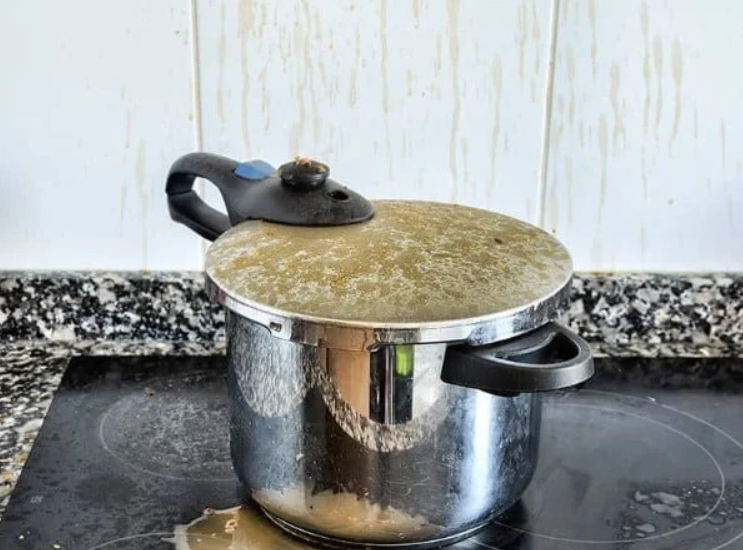
5. Cooking with Dirty Cookware
Using dirty cookware can leave residue and grime on your stovetop. Always ensure your pots and pans are clean before you start cooking to protect the glass surface.
6. Placing a Hot Lid Face Down on a Glass Stovetop
Placing a hot lid face down can be risky. The sudden temperature change can cause the glass to crack or even shatter, leading to potential injury or damage.
Since glass doesn’t conduct heat well, a hot object can stress and weaken it. This sudden change when you place a hot lid can cause the glass to break. Always use a heat-resistant surface like a trivet or let the lid cool down a bit before setting it down.
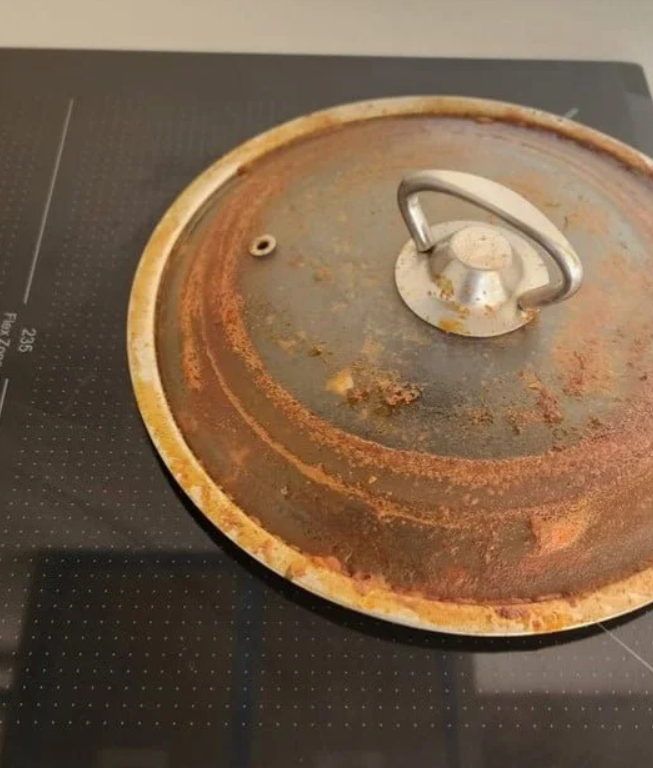
7. Ignoring Cracks or Chips
If you see any cracks or chips, don’t ignore them. Even small ones can grow and cause the stovetop to shatter. Get it replaced immediately or call a professional for repairs.
8. Heating an Empty Pot or Pan
Never heat an empty pot or pan. This can cause overheating and damage the stovetop. Make sure there’s always food or liquid in your cookware before turning on the heat.
9. Not Following the Manufacturer’s Instructions
Every glass stovetop comes with its own set of care and cleaning guidelines. Always read and follow the manufacturer’s instructions to avoid causing damage or potential safety hazards.
